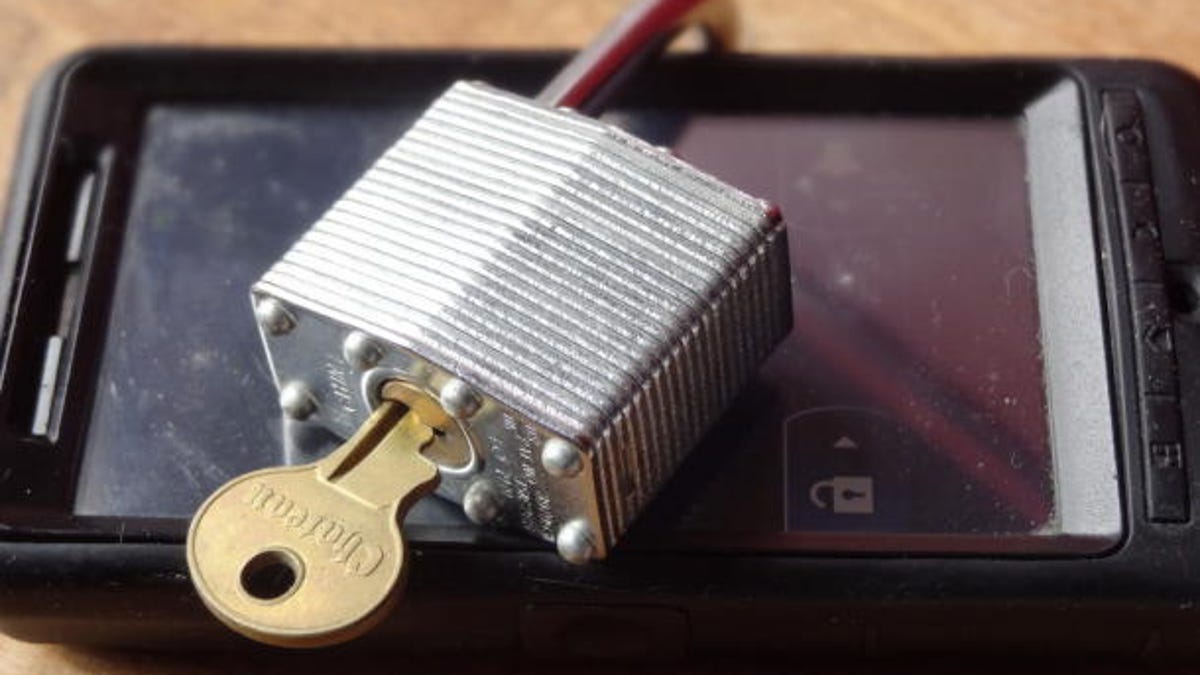FCC has phone-unlock ban on its radar
Until recently, consumers could freely unlock their smartphones without any issue. Then the Library of Congress stepped in.

The Federal Communications Commission might eventually investigate whether it should be illegal for consumers to unlock their mobile phones.
Speaking to TechCrunch in an interview published yesterday, FCC chairman Julius Genachowski said that the ban is "something that we will look at at the FCC to see if we can and should enable consumers to use unlocked phones." He went on to tell TechCrunch that the "ban raises competition concerns; it raises innovation concerns."
The U.S. in January made it illegal for consumers to unlock mobile phones -- a relatively common practice among unhappy carrier customers -- after the Library of Congress modified the Digital Millennium Copyright Act (DMCA). That modification left open the right to buy unlocked phones at full price, but stopped consumers from unlocking devices themselves. Unlocked phones typically cost hundreds of dollars more than those that are locked into a two-year agreement with a carrier.
Although Genachowski seemed to indicate some doubt about the new rule, at least as quoted he's by no means saying that the agency will definitely investigate it. His comments also were unclear about how the FCC could step in to address rules put in place by the Library of Congress.
CNET has contacted the FCC for comment on Genachowski's comments. We will update this story when we have more information.

